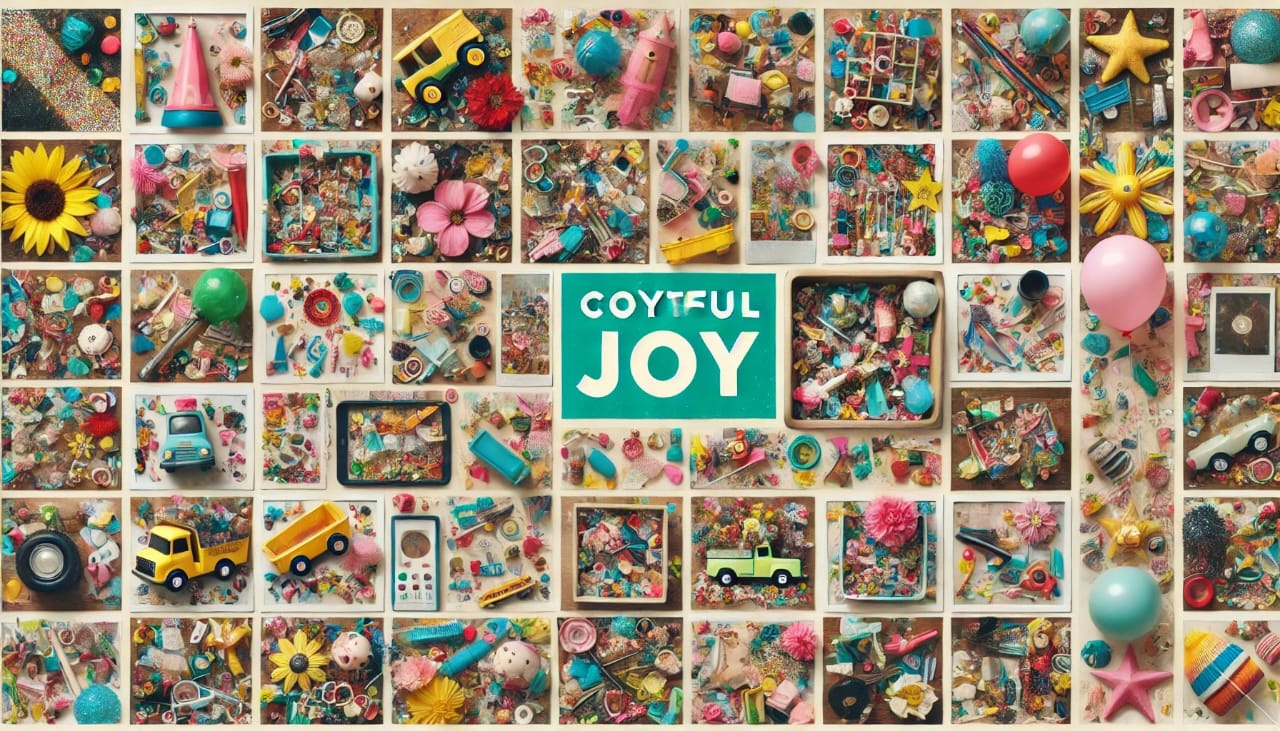In the late 20th century, Japan was known for its minimalism: its Zen art, orderly cities, and refined food and fashion. But Japan has another side, and Tsuzuki is the best example. Stores were cluttered with books, and outside, animated photographs struggled for attention on glass windows and walls, while a spiderweb of electricity wires hung above.
Many famous books have been written in Japan about the importance of tidiness and the effects of disorganization on mental health. Though these books were originally written for a Japanese audience, the ideas spread to the U.S. and other countries. If Japan was initially so organized, why did it need books like these?
Japan is not really a paragon of refined simplicity. The grass may look greener on one side, but Japan tells us a different story. Clutter and minimalism are not opposites but two sides of the same coin. Perhaps we’ve misunderstood the definition of clutter.
The foreign obsession with Japan began after the opening of its ports, which made it easier to reach Japan and study its Western influence.
Some critics saw the lack of material possessions as less an aesthetic choice and more a reflection of economic necessity, asking, “Why need a chair if you can sit on the floor?” Others perceived Japan as poor. In the 20th century, after World War II, Japan became less of a tourist destination, and many critics failed to notice how cluttered Japanese houses were, often chock-full of knickknacks.
The fervor with which Japanese people consumed and discarded goods during the economic bubble was a testament to their wealth. But when the economy stagnated, people once again began maintaining relationships with old products. After a few years, houses were filled with products, and now citizens have started eradicating unnecessary items from their homes, embracing a new kind of minimalism.
This evolving relationship with possessions highlights how Japan constantly balances its historical values of simplicity with the complexities of modern consumerism. In today’s world, minimalism is more than just a trend; it’s a response to the cycles of abundance and scarcity, both culturally and economically. This journey teaches us that true minimalism is not about having fewer things but about finding harmony between the material and the meaningful.
